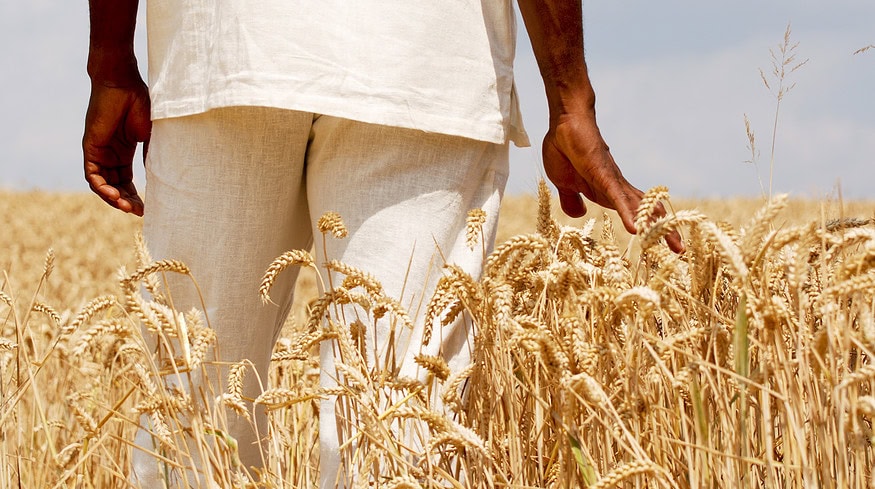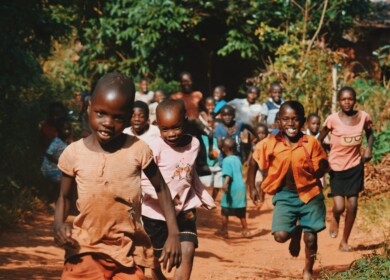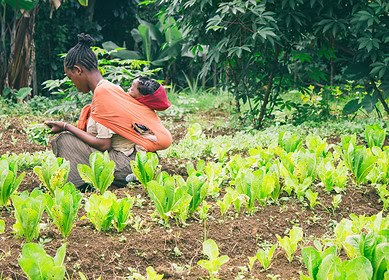Ethiopia invests $94 million to become self-sufficient in wheat production

The African Development Bank Group, in collaboration with the Ethiopian government and international partners, has launched a $94 million initiative aimed at transforming Ethiopia into a self-sufficient wheat producer and exporter. The Climate Resilient Wheat Value Chain Development (CREW) project intends to elevate Ethiopia from its current status as a wheat importer to a nation capable of fulfilling its own demands and potentially exporting wheat.
This ambitious project is financially supported by various stakeholders, including the African Development Fund (ADF), which contributed a $54 million grant. The Netherlands provided a $20 million grant, while OCP-Africa and the Ethiopian government each added $10 million. The Global Center on Adaptation (GCA) also contributed a $300,000 grant as part of its Africa Adaptation Acceleration Program (AAAP), focusing on integrating climate risk assessments and digital adaptation solutions into Ethiopia’s wheat sector.
The CREW project will assist approximately 500,000 smallholder farmer households across the Ethiopian states of Afar, Amhara, Oromia, and Somali, targeting an increase in wheat productivity from three to four tons per hectare. This enhancement is expected to generate an additional 1.62 million tons of wheat annually. Moreover, the project will expand irrigation infrastructure, particularly in the lowland areas of the Afar and Somali regions, benefiting around 2.3 million people—half of whom are women—by boosting household incomes, creating jobs, and enhancing food and nutrition security.
The project encompasses two primary components: The first focuses on adopting climate-smart agricultural practices such as developing resilient wheat varieties, improving soil health, rehabilitating irrigation systems, and promoting sustainable mechanization led by the private sector. The second component aims to expand post-harvest and market infrastructure and facilitate access to agricultural finance through innovative mechanisms.
The official launch took place in Semera, Afar Regional State, led by Dr. Girma Amente, Ethiopia’s Minister of Agriculture. He highlighted the project’s alignment with over 80 percent of the objectives outlined in Ethiopia’s Ten-Year Development Plan, emphasizing agriculture’s pivotal role in the national economy. Dr. Abdul Kamara, Deputy Director General for East Africa of the Bank Group, remarked on the project’s potential to sustain the significant gains achieved from the Wheat Revolution in Ethiopia, which has already seen substantial increases in wheat yields due to the introduction of heat-tolerant varieties and expanded irrigated wheat farming.
Mr. Tiest Soondal of the Netherlands Embassy and Dr. Mohamed Anouar Jamali of OCP-Africa both expressed their respective commitments to addressing broader developmental, food security, and agricultural challenges through the CREW project. Their contributions focus on strategic interventions to improve soil health and provide comprehensive agricultural training, aiming to revolutionize Ethiopia’s wheat production in a sustainable and climate-resilient manner.
Enjoyed this story?
Every Monday, our subscribers get their hands on a digest of the most trending agriculture news. You can join them too!












Discussion0 comments